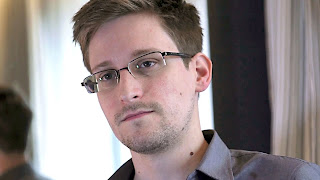Introduction to NDM: reading and blog task
Tasks: 1) Read the first two articles. Write one paragraph on each summing up the key aspects. 2) Now read the A2 A* essay. Why do you think it was so successful? 3) Finally, answer this question in a well developed paragraph on your blog: How has digital media changed your life in the last 5 years (for positive or negative)? 1) a) This article speaks about how school life and home life are different when it comes to technology and digital world. The researches wanted to find out wether the digital media has changed the way the youth are growing up and learning in school in comparison to the past where this technology did not exist. The key problem was privacy and the legal issues coming to researching young people because it obviously must be done under the parents consent and also the kids might change their normal behaviour and therefore not give accurate results. However they found out that although parents and older members of society think that the youth and the...

